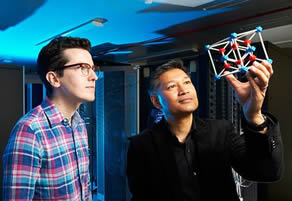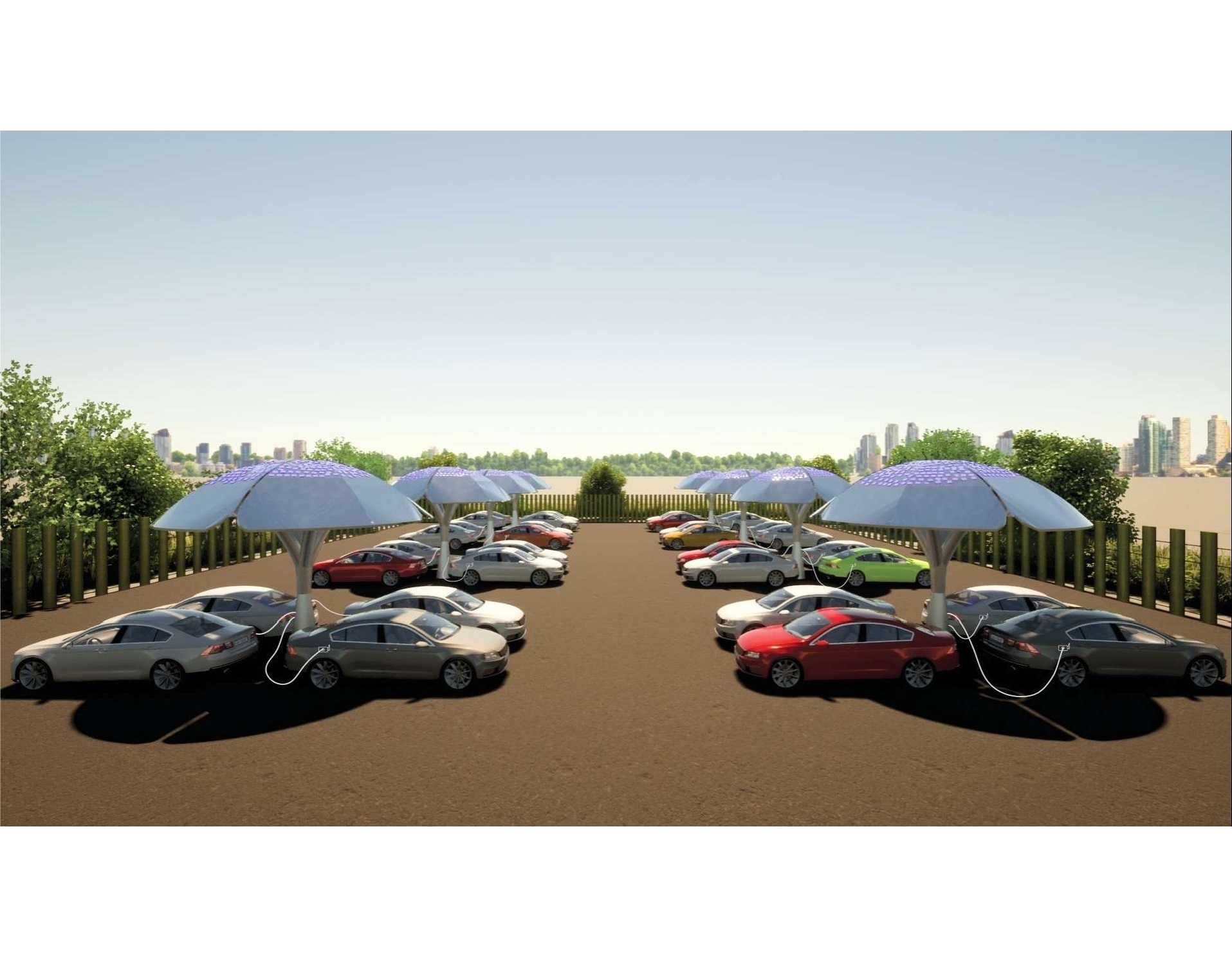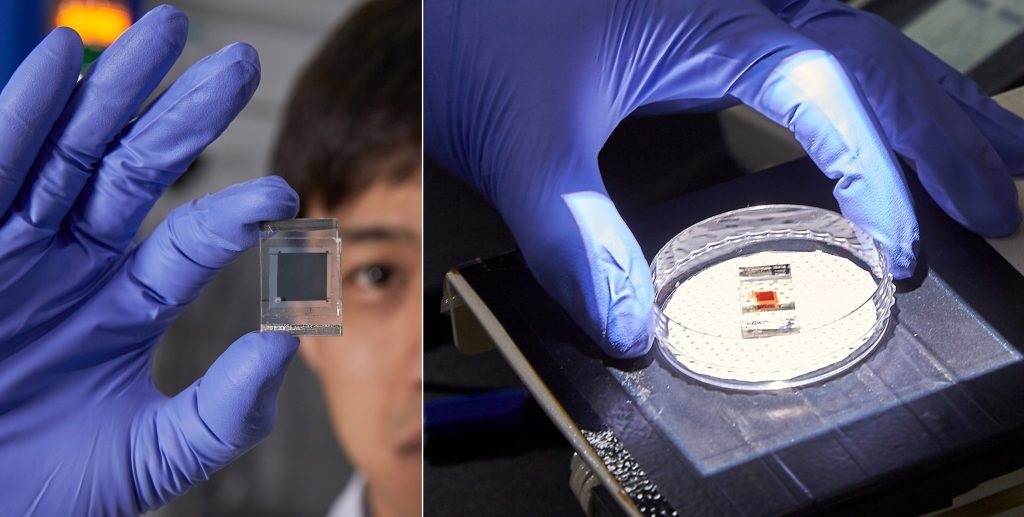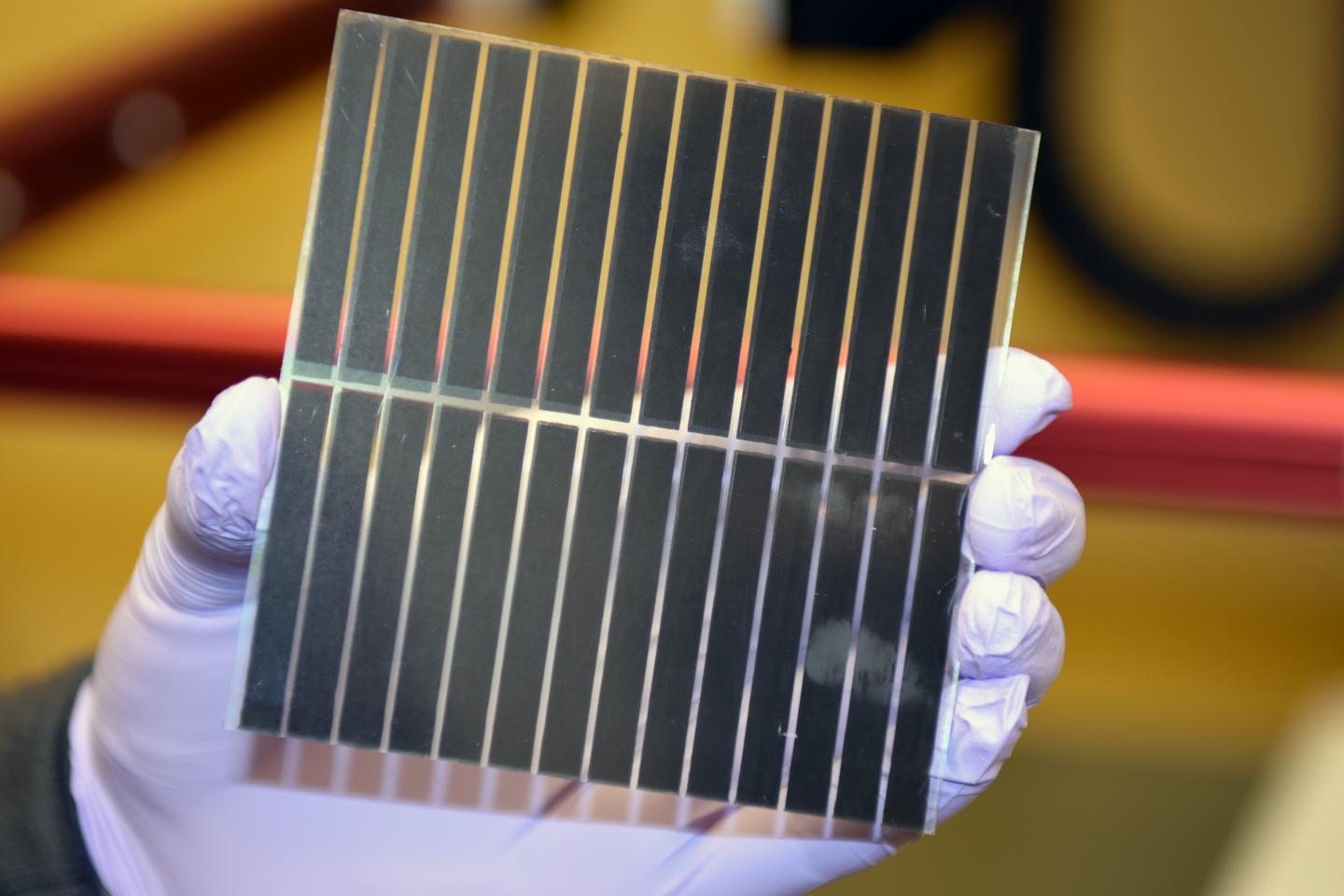12 August 2015
New research from Professors Saiful Islam and Aron Walsh could lead to more efficient solar cells. The work appears in the leading journal Nature Communications.
Solar cells convert light energy into electricity. They provide a clean sustainable energy supply and help to reduce carbon dioxide emissions.
In collaboration with Dr Piers Barnes (Imperial College London), Saiful and Aron examined solar cells based on materials called perovskites.
Their atomic-scale insights into these novel crystalline compounds should help improve cell design.
The efficiency of perovskite solar cells has seen a rapid increase in recent years. But the fundamental properties of these exciting materials are not completely understood. One critical issue is something known as ion diffusion, which may cause unusual behaviour in solar cells.
Saiful said: “Our research team used a powerful combination of computer simulations and kinetic experiments.
"We've shown, for the first time, that the diffusing species are iodide ions and that these compounds are mixed ionic-electronic conductors.
"Such fresh insights will have major implications for the future design of perovskite solar cells.”
Aron added: “Developing better materials holds the key to low-cost and efficient solar technology for homes and industry.”
The research is funded by the £3.2 million EPSRC Programme grant ‘Energy Materials: Computational Solutions’.
The University is a major centre for sustainable energy and chemical research. This includes the Centre for Sustainable Chemical Technologies and the Institute for Sustainable Energy and the Environment.















